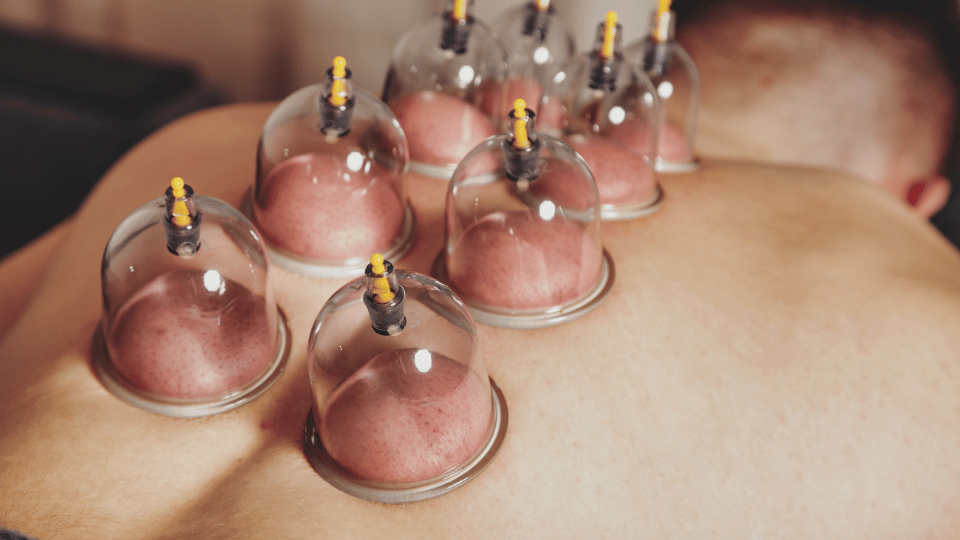A Journey Towards Better Health and Lasting Activity
The month of Ramadan is a golden opportunity to improve our health and activity by following a balanced diet that meets the body’s needs and maintains its energy throughout the day.
In this article, we will embark on a journey through the world of nutrition in Ramadan, and we will provide you with practical tips to maintain your body shape and stay active during this holy month.
The Body’s Nutritional Needs in Ramadan:
-
Water:
Water is an essential element for maintaining the body’s hydration and vital functions. Therefore, it is important to drink sufficient amounts of water between Iftar and Suhoor.
-
Carbohydrates:
Carbohydrates are a primary source of energy. Therefore, it is important to focus on complex carbohydrates such as whole grains, legumes, and vegetables.
-
Proteins:
Proteins help build and maintain muscle mass. Therefore, it is important to consume adequate amounts of protein from various sources such as red meat, poultry, fish, and legumes.
-
Healthy fats:
Healthy fats are essential for heart and brain health. Therefore, it is important to focus on healthy fats found in nuts, seeds, and olive oil.
-
Dietary fiber:
Dietary fiber helps improve digestion and promote satiety. Therefore, it is important to consume adequate amounts of dietary fiber from vegetables and fruits.
-
Vitamins and minerals:
Vitamins and minerals are essential for the body’s health and vital functions. Therefore, it is important to consume adequate amounts of fruits and vegetables to obtain these nutrients.
Tips for Maintaining Body Shape and Staying Active in Ramadan:
-
Eat a healthy Iftar meal:
The Iftar meal should include all the essential nutrients such as carbohydrates, proteins, healthy fats, and dietary fiber.
-
Eat a balanced Suhoor meal:
The Suhoor meal should include all the essential nutrients, with a focus on complex carbohydrates, proteins, and dietary fiber.
-
Avoid overeating:
Eat food in moderate amounts to avoid feeling bloated and sluggish.
-
Drink enough water:
Drink enough water between Iftar and Suhoor to maintain the body’s hydration and vital functions.
-
Exercise regularly:
Exercise regularly during Ramadan, taking care not to exercise during fasting hours.
-
Get enough sleep:
Get enough sleep to maintain the body’s energy and vital functions.
Additional Tips:
-
Eat dates at Iftar:
Dates are a rich source of energy, vitamins, and minerals. Therefore, it is recommended to eat them at Iftar to compensate for what the body has lost during fasting hours.
-
Eat soup at Iftar:
Soup helps you feel full and improves digestion. Therefore, it is recommended to eat it at Iftar.
-
Avoid eating fatty and fried foods:
Fatty and fried foods lead to feeling bloated and sluggish. Therefore, you should avoid eating them during Ramadan.
-
Eat enough fruits and vegetables:
Fruits and vegetables are a rich source of vitamins, minerals, and dietary fiber. Therefore, it is important to make sure to eat enough of them during Ramadan.
-
Eat healthy snacks:
You can eat healthy snacks between Iftar and Suhoor to maintain your energy.
-
Avoid eating sweets excessively:
Sweets lead to weight gain and fatigue. Therefore, you should avoid eating them excessively during Ramadan.
-
Replace soft drinks with water or natural juices:
Soft drinks lead to weight gain and thirst. Therefore, you should replace them with water or natural juices.
-
Reduce caffeine intake:
Caffeine leads to dehydration. Therefore, you should reduce your intake during Ramadan.
-
Quit smoking:
Smoking has many health risks. Therefore, it is recommended to quit smoking during Ramadan.
-
Manage stress and anxiety:
Stress and anxiety lead to fatigue and exhaustion. Therefore, you should manage stress and anxiety during Ramadan.
Conclusion:
The month of Ramadan is a golden opportunity to improve our health and activity by following a balanced diet, exercising regularly, and getting enough sleep.
By following the tips mentioned in this article, you can maintain your body shape and stay active during Ramadan.
We recommend that you consult your doctor or a nutritionist to design a diet that suits your health needs.
I hope this article has helped you gain useful information about nutrition in Ramadan.






